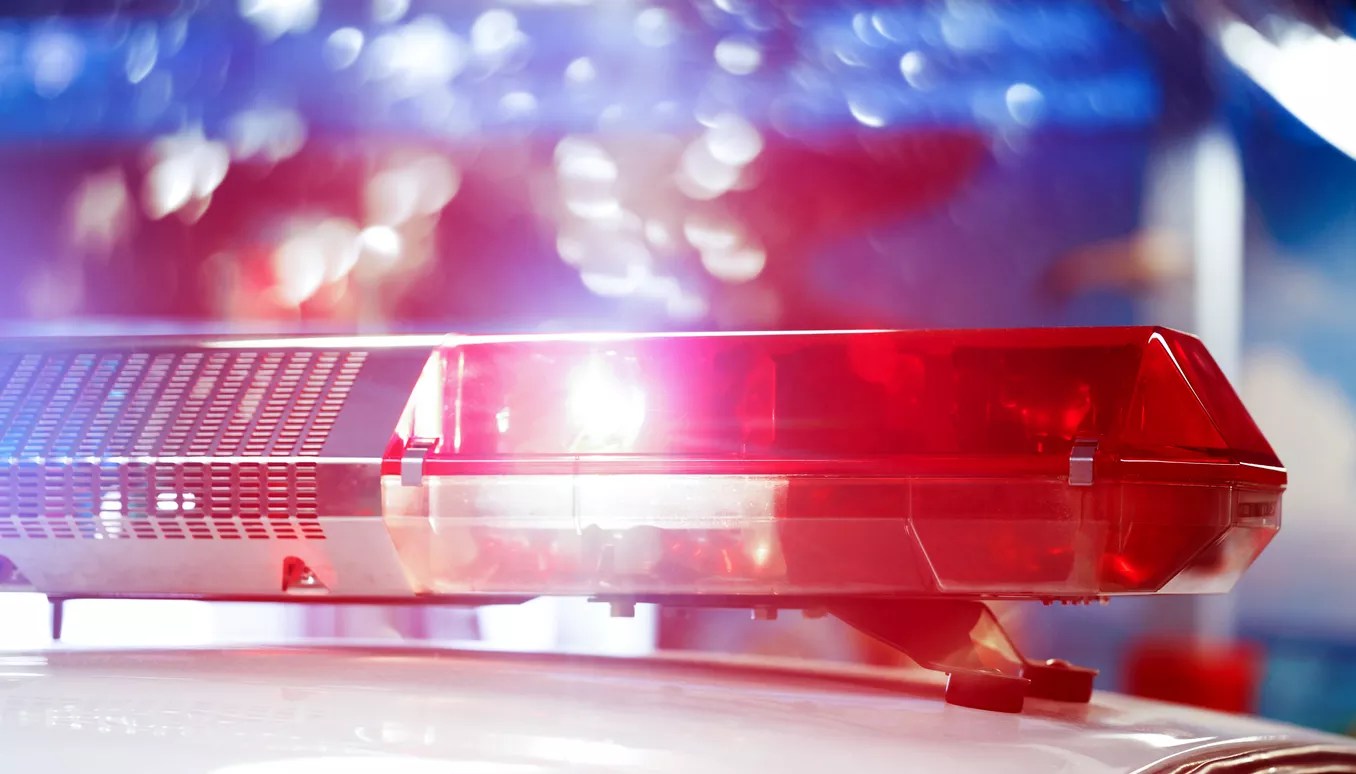
iStock/DallasO75219

Audio By Carbonatix
A new report found that Dallas police officers arrest Black people for misdemeanor offenses more often than their white counterparts.
Presented to the Community Police Oversight Board on Tuesday, the report also examined the impact these disparities have on communities. The Office of Community Police Oversight partnered with The Leadership Conference Education Fund’s New Era of Public Safety Initiative to produce the report.
“A lot of these charges are victimless crimes,” Jesuorobo Enobakhare Jr., chair of the community police oversight board, told the Observer.
Unequal misdemeanor enforcement contributes to negative police interactions that could otherwise be avoided, exacerbates racial disparities in the criminal justice system and increases costs to the police department, according to the report.
Every year, the Dallas Police Department makes about 6,000 arrests for low-level offenses. These arrests mostly happen in downtown and southern Dallas. The most common reason is public intoxication. The report found that Black people are overrepresented in arrests for public intoxication, low-level drug charges, disorderly conduct and criminal trespass.
“Criminal trespass could be a homeless person that is trying to find shelter somewhere that they should not be,” Enobakhare Jr. said. “So, instead of arresting people and spending the money we spend on arresting people for being homeless, we could take that money and invest in solutions to homelessness.”
Most drug-related arrests, 85%, are for possession of less than 2 ounces of weed. The report said the city wastes money and resources on these arrests.
Black people make up nearly a quarter of the city’s population but account for 49% of all arrests and 57% of pot possession arrests. Additionally, Black people account for 72% of all criminal trespass arrests and more than half of all disorderly conduct arrests.
Most of these offenses don’t require taking someone into custody. According to the report, from 2017 to 2020, DPD made 17,240 arrests in which a low-level offense was identified as the primary charge. Of that total, all but 334 were custodial arrests, meaning police took someone into custody rather than simply issuing a citation. Black people represent 44% of these low-level custodial arrests during the three-year period.
In 10 of the 14 City Council districts, white people are arrested at lower rates compared to Black and Hispanic residents, the report said.
The Office of Community Police Oversight urged the Dallas City Council to repeal city ordinances that criminalize people of color for low-level offenses.
The municipal-level offenses that can be repealed through ordinances include loudspeaker and noise violations, sleeping in public spaces and jaywalking. The report cites Atlanta as a model for such a change.
In 2017, Atlanta repealed 40 ordinances that criminalized nonviolent behavior, and as a result, there was a drop in use-of-force incidents by the local police as well as community complaints.
“If they want to address something that really takes the time of officers, we need to go back and find a better way to address mental health.” – Mike Mata, president of the Dallas Police Association
However, most of the offenses mentioned in the report are state-level misdemeanors. For these, the committee recommends expanding Dallas’ cite-and-release program to include Class C low-level offenses and Class B low-level criminal mischief charges. They also suggest changes to DPD’s general orders that would deprioritize these arrests.
The idea behind changes like these often revolves around how an understaffed DPD spends its time and how money saved from taking these measures could be reinvested into community-based services that address violent crime.
Mike Mata, president of the Dallas Police Association, said these are still citable offenses, but if the police interaction rises to the level of disorderly conduct, an arrest may be made. Mata said this doesn’t happen often though, but he worries about that ability being taken away.
“How do you tell a business when a business owner calls and someone is sleeping in his doorway, ‘I’m sorry, there’s nothing we can do. We can’t help you,'” Mata said. “I think the police department has a responsibility to not only that business owner, but to the community that lives around there.”
Mata said public intoxication arrests generally only occur when an individual is a danger to themselves or others. In most cases, Mata said officers release the publicly intoxicated to another party to get them home.
He said the idea that most DPD officers spend all their time on low-level charges like these is inaccurate. But he acknowledged other areas that deserve more attention.
“If they want to address something that really takes the time of officers, we need to go back and find a better way to address mental health,” Mata said. He estimates the department takes as many as a thousand mental health calls a month. “The far majority of those calls, police should not be responding to,” he said.
Mata says critics should focus on the expansion of the RIGHT Care program, which sends social workers to mental health calls, rather than how DPD enforces low-level offenses.